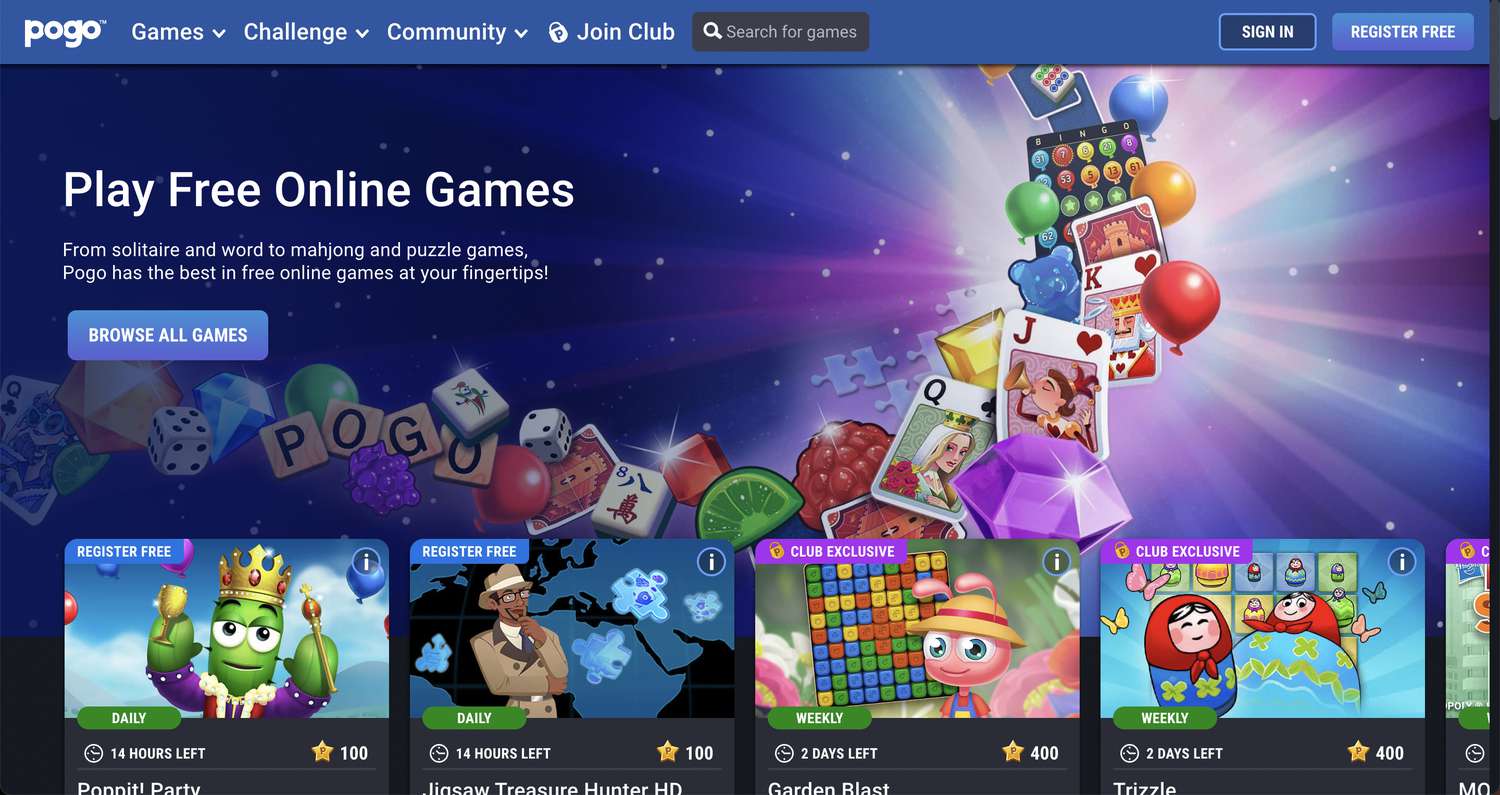In the realm of modern entertainment, online gaming sites stand as titans, offering an expansive universe where players can transcend the boundaries of reality and immerse themselves in a myriad of virtual experiences. From the early days of pixelated graphics and text-based adventures to the current era of stunning visuals and immersive gameplay, the evolution of online gaming Royal188 has been nothing short of extraordinary. Let’s embark on a journey to explore the evolution and significance of these digital platforms.
A Glimpse into the Past
Cast your mind back to the humble beginnings of online gaming, where dial-up connections and floppy disks were the norm. The emergence of Multi-User Dungeons (MUDs) in the late 1970s marked the inception of online multiplayer gaming. These text-based adventures laid the groundwork for future innovations, fostering a sense of community among players as they traversed virtual realms together.
As technology advanced, so too did the complexity and diversity of online gaming sites. The advent of graphical user interfaces in the 1990s paved the way for Massively Multiplayer Online Role-Playing Games (MMORPGs) such as “Ultima Online” and “EverQuest,” where players could interact in real-time within expansive virtual worlds. These pioneering titles captivated audiences worldwide, demonstrating the immense potential of online gaming as a form of entertainment and socialization.
The Rise of Online Gaming Empires
Fast forward to the present day, and online gaming sites have evolved into sprawling digital metropolises, teeming with millions of players from across the globe. Companies like Blizzard Entertainment, Riot Games, and Valve Corporation have established themselves as industry giants, with flagship titles like “World of Warcraft,” “League of Legends,” and “Dota 2” boasting massive player bases and thriving esports scenes.
The advent of digital distribution platforms such as Steam, Origin, and Epic Games Store has further democratized access to online gaming, allowing developers to reach a global audience without the need for physical distribution channels. This shift towards digital storefronts has facilitated the rise of indie developers and niche gaming communities, fostering creativity and innovation within the industry.
Beyond Entertainment: The Social Impact of Online Gaming
While online gaming sites are primarily known for their entertainment value, their influence extends far beyond mere escapism. In an increasingly interconnected world, these digital platforms serve as hubs for social interaction, fostering friendships and communities that transcend geographical boundaries.
From guilds in MMORPGs to voice chat channels in multiplayer shooters, online gaming sites provide a space for individuals to connect, collaborate, and forge meaningful relationships. For many players, these virtual communities serve as a support network, offering camaraderie and companionship in times of need.
Furthermore, online gaming has emerged as a legitimate form of competitive sport, with esports tournaments drawing massive audiences and offering lucrative prize pools. Games like “League of Legends,” “Counter-Strike: Global Offensive,” and “Dota 2” have become synonymous with professional gaming, attracting top talent from around the world and legitimizing gaming as a viable career path.
The Future of Online Gaming: Towards Immersive Experiences
As we look to the future, the evolution of online gaming sites shows no signs of slowing down. Advancements in technology, such as virtual reality (VR) and augmented reality (AR), promise to revolutionize the gaming experience, offering unprecedented levels of immersion and interactivity.
Imagine stepping into a fully realized virtual world, where every movement is mirrored in real-time, and every interaction feels tangible. With VR headsets becoming increasingly affordable and accessible, the prospect of immersive gaming experiences is closer than ever before.
Moreover, the integration of artificial intelligence (AI) and machine learning algorithms holds the potential to revolutionize gameplay, creating dynamic and adaptive worlds that respond to the actions of players in real-time. From procedurally generated environments to AI-controlled adversaries, the possibilities for emergent gameplay are endless.
